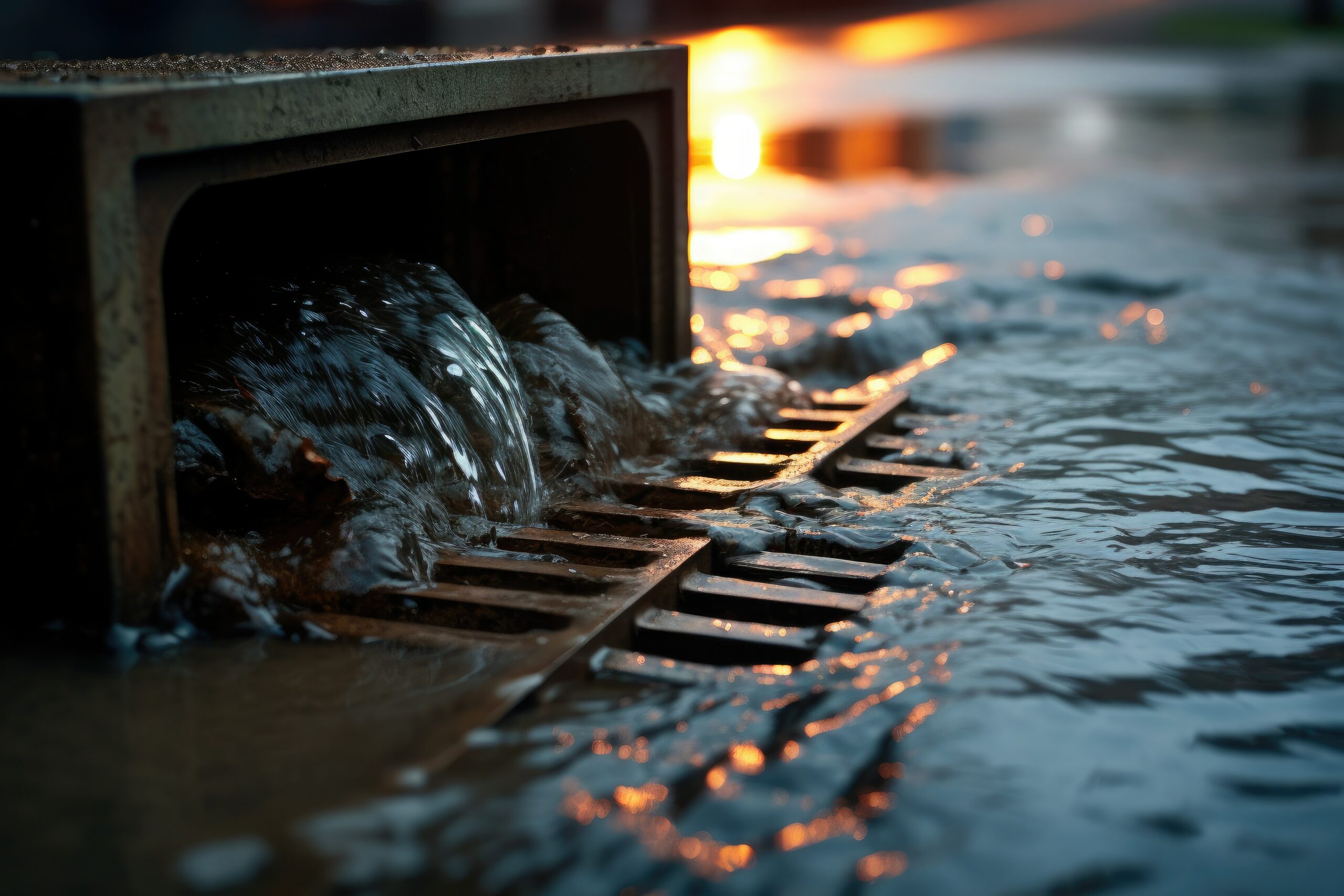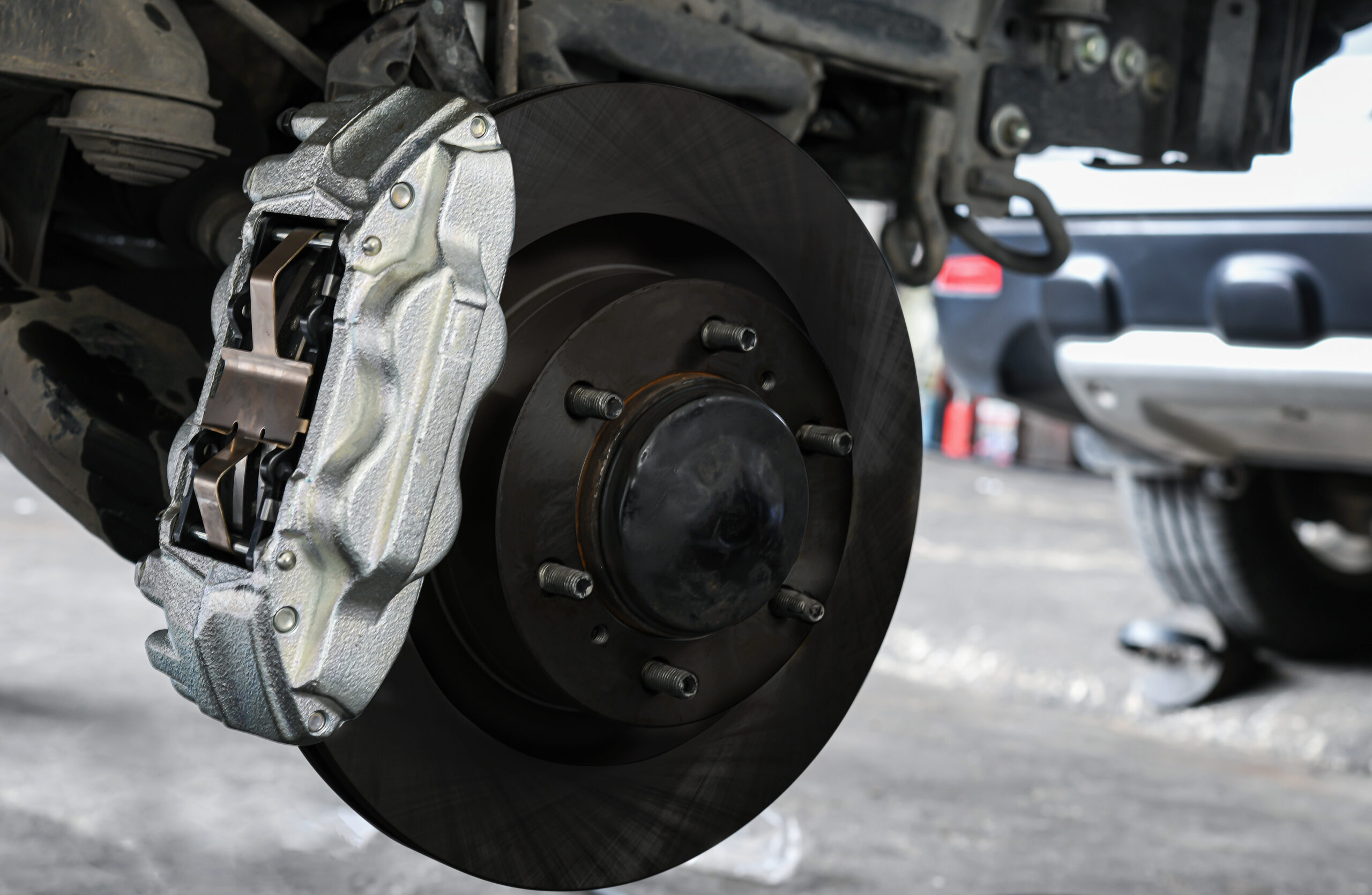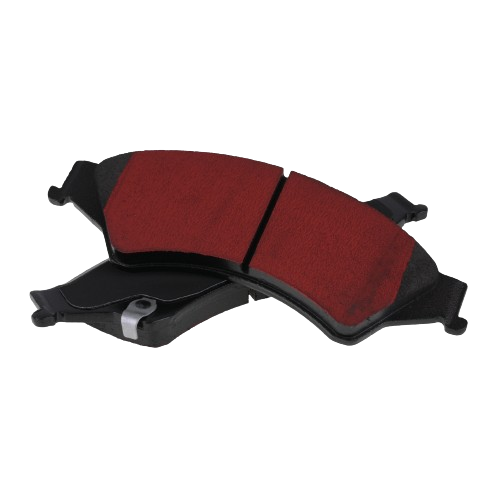

Copper in Brake Pads?
Copper is an excellent conductor of heat and has been included in brake pad compounds to improve heat dissipation and fade resistance for many years, and it is still commonplace in pads sold and used in New Zealand today. But there is a problem…
What many don’t know is copper has been found to be highly toxic to aquatic life and it is responsible for significant damage to the environment. During braking every time a driver presses the brake pedal it creates brake dust, depositing small particles of copper onto the road. When it rains, this dust is washed into the stormwater system and eventually into our eco system streams, rivers, and the sea.
The Goal to reduce copper content
In 2018 local councils called for a nation-wide ban on copper brake pads quoting University of Canterbury senior research fellow Dr Aisling O’Sullivan who said copper was one of the most eco-toxic metals in New Zealand with devastating effects on freshwater wildlife.
Millions of drivers using their brakes day in, day out adds up to an estimated half of all the copper entering water systems in urban areas. There are laws overseas to reduce copper content to 0.5 per cent by 2025, however no legal requirement has been confirmed in New Zealand to date.

RDA Brakes Service Centres strive to use copper free brake pads

We take the environment seriously and know that RDA brake pads have already achieved the copper free threshold goal! All RDA brake pads are also asbestos free and importantly this has been achieved without compromising on vehicle performance or safety with Generation 3 compounds.
RDA Generation 3 pad materials use the latest compound technology to perform better than the last-generation friction materials they replace. Improvements include better stopping power, improved wear resistance, environmentally friendly as well as reduced dusting and noise.
That means when fitting RDA brake pads, you not only help protect the environment, but also get a significant step-up in braking performance.
After all, your vehicles brakes are a safety system you want to perform when it’s needed most, keeping you and your family safe.
-
Copper Free All RDA Brake Pads are copper free with improved braking performance
-
Asbestos Free All RDA Brake Pads are asbestos free with reduced dusting and noise